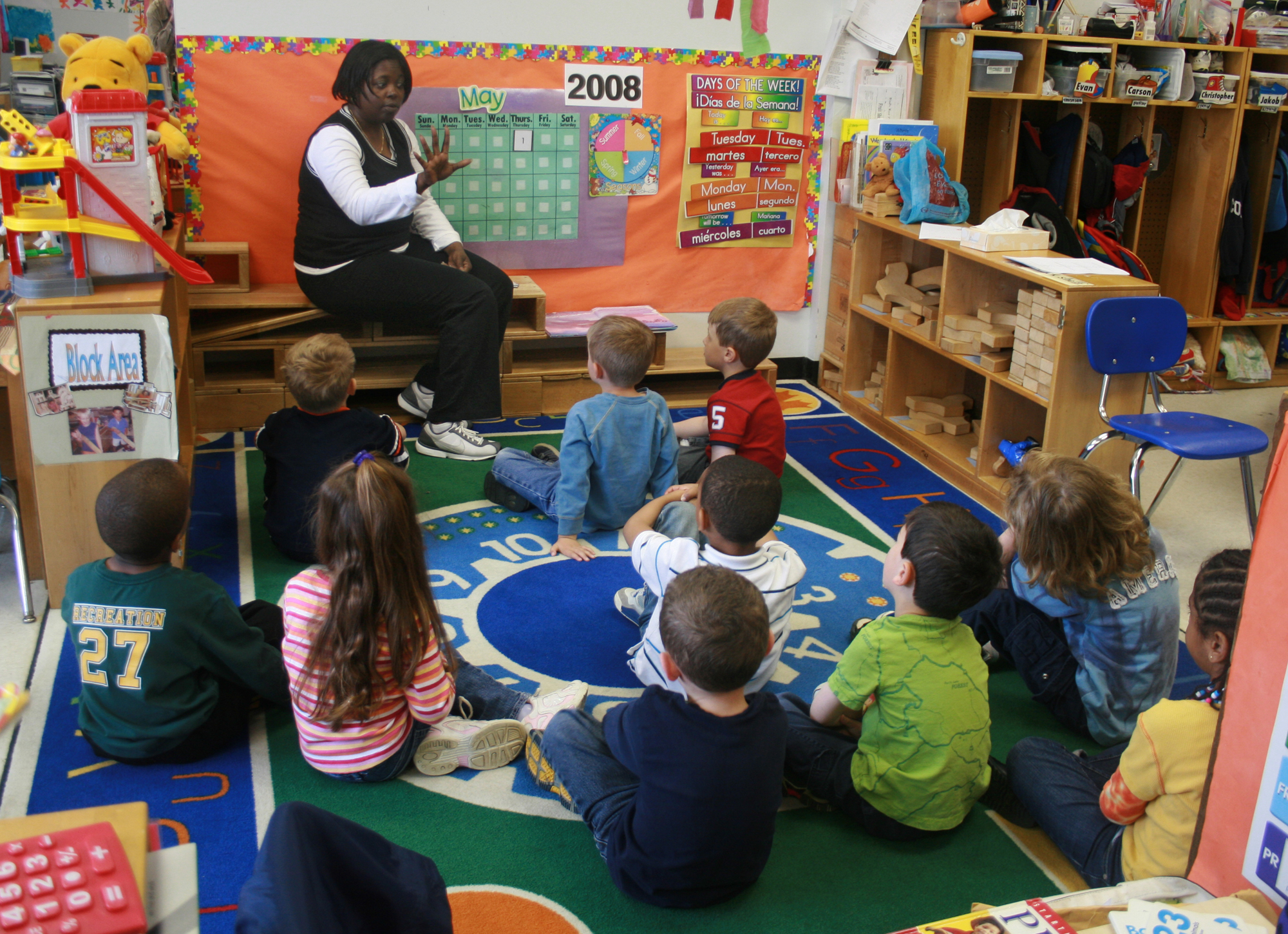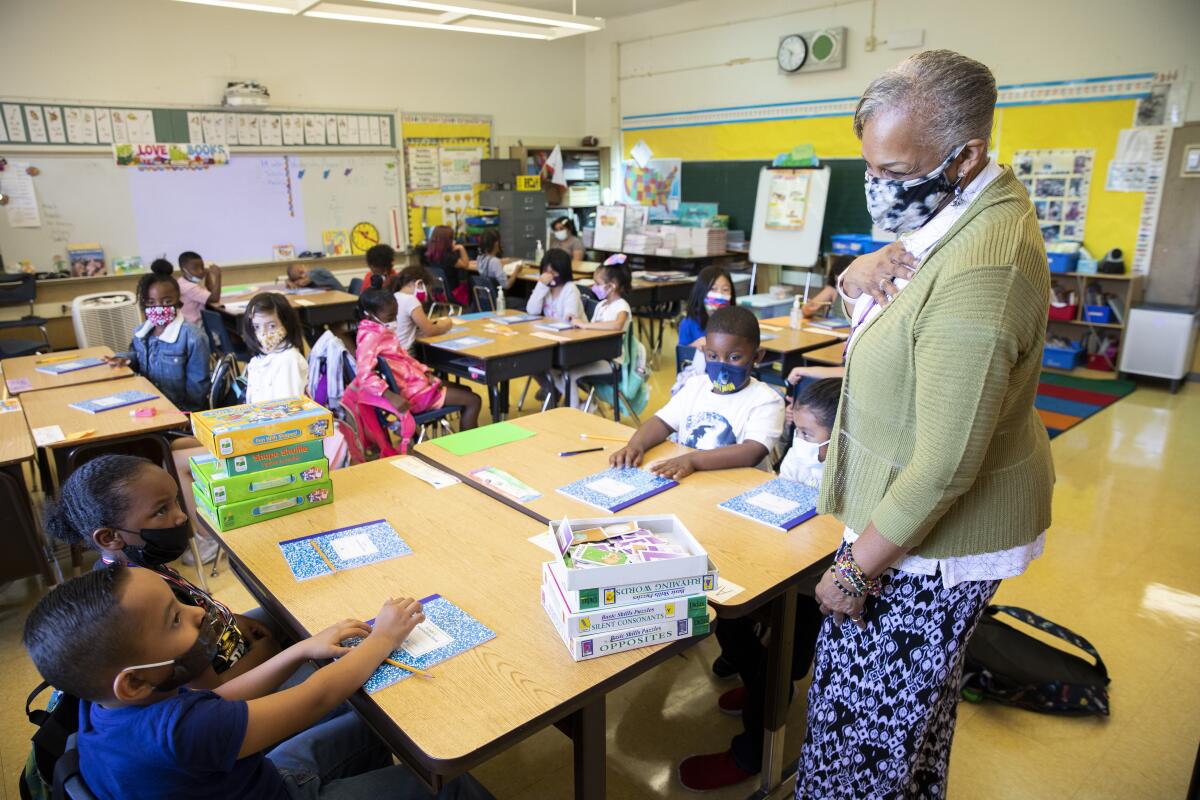The Function of Parents and Teachers in the Effort to Save Temecula Schools
The Function of Parents and Teachers in the Effort to Save Temecula Schools
Blog Article
How Schools Play an Important Duty in Shaping Future Leaders and Innovators
Colleges contribute fit future leaders and innovators through the cultivation of crucial thinking, creative thinking, and collaboration. By integrating project-based understanding and interdisciplinary studies, instructional institutions test pupils to analyze and synthesize complex information. Educators function as advisors, directing students and supporting their possibility, while extracurricular tasks further establish management abilities and durability. This dynamic atmosphere not only concentrates on specific staminas however additionally emphasizes the significance of synergy, essential for navigating tomorrow's challenges. Just how precisely do these aspects interplay to create a robust structure for future success?
Fostering Important Assuming
In today's quickly progressing globe, fostering vital assuming within universities has become extremely important. As culture faces progressively intricate global obstacles, the ability to evaluate, assess, and manufacture information is vital. Institutions play a crucial function in establishing these skills, preparing students to navigate and address diverse issues with educated, reasoned decisions.
To cultivate vital reasoning, instructors utilize various instructional techniques that urge energetic knowing and intellectual involvement. Classroom conversations, problem-based learning, and Socratic examining contribute in promoting analytical and reflective mind. By challenging trainees to interrogate assumptions and take into consideration numerous perspectives, these approaches make sure a much deeper understanding of subject issue past rote memorization.
Furthermore, integrating critical thinking throughout the educational program strengthens its value and applicability in varied contexts. Topics such as mathematics, scientific research, history, and literature each offer distinct opportunities to create pupils' important faculties. Examining historical events requires recognizing and assessing resources context, while clinical inquiry demands extensive theory screening and evidence-based reasoning.
Inevitably, instilling vital thinking abilities in students equips them with the cognitive devices required for lifelong understanding and flexibility. It is with this fundamental skills that future leaders will certainly have the ability to introduce, fix problems, and add meaningfully to culture.
Urging Creativity
Welcoming creative thinking within instructional structures galvanizes pupils to think beyond conventional borders and explore ingenious solutions. By integrating imaginative ventures and creativity exercises right into the educational program, colleges grow an environment where creativity and imaginative thought are valued. This technique not just improves the instructional experience however also outfits students with the capacity to tackle real-world obstacles in unique ways.
School can cultivate imagination with diverse ways such as project-based discovering, interdisciplinary researches, and the incorporation of arts and technology. Project-based understanding, as an example, urges students to apply their expertise in practical, commonly joint, projects that demand inventive analytic abilities. Interdisciplinary research studies allow pupils to attract connections in between different topics, thus widening their perspectives and enhancing their innovative capabilities.
Moreover, providing trainees with opportunities to involve with arising modern technologies, such as coding and electronic layout, even more nurtures their creative capacity. These tasks motivate pupils to experiment, stop working, and iterate, which are important elements of the creative procedure (Save Temecula Schools). By preserving a helpful environment where trial and error is urged, schools can ensure that trainees create the confidence to seek innovative concepts
Essentially, supporting creative thinking in academic settings is essential for forming future leaders and trendsetters qualified of resolving intricate international issues with ingenuity.
Encouraging Partnership

Executing group-based learning modules and participating tasks enables pupils to experience the dynamics of team effort firsthand. This not only prepares them for the collective nature of modern-day workplaces but likewise supports management high qualities as they usually need to tackle functions such as task supervisors or team planners. In addition, cooperation in the classroom can damage down social barriers and promote inclusivity, guaranteeing that each trainee feels valued and heard.
In addition, incorporating modern technology can further sustain joint efforts. Devices like shared interactive systems and electronic offices enable students to collaborate effectively, also outside the classroom. As trainees develop these collaborative skills, they are much better furnished to deal with intricate difficulties and innovate, laying the foundation for their future duties as pioneers and leaders.
Duty of Teachers as Advisors

Mentorship includes personalized interest, where educators recognize and support individual strengths and address weaknesses. Save Temecula Schools. With individually communications, educators can tailor their advice and assistance to satisfy each student's one-of-a-kind requirements, fostering a feeling of self-confidence and resilience. This customized approach grows a growth state of mind, urging pupils to check out failings as opportunities for finding out and growth
Additionally, instructors work as function models, demonstrating the worths of stability, compassion, and perseverance. Their actions and mindsets give a blueprint for students to replicate, instilling a feeling of ethical responsibility and social understanding. By developing a helpful and comprehensive class setting, instructors make it possible for trainees to establish interpersonal abilities that are critical for efficient management.
In essence, the mentorship provided by educators lays a fundamental structure for the advancement of future leaders, outfitting them with the understanding, abilities, and values required to master an ever-evolving world.
Effect of Extracurricular Tasks
When incorporated properly right into the academic structure, extracurricular activities considerably improve pupil advancement and leadership possibility. These tasks supply trainees with chances to explore interests past the traditional educational program, cultivating a versatile skill collection.
Additionally, extracurricular involvement urges creative thinking and technology. Trainees involved in music, dramatization, or dispute clubs find out to believe critically and method troubles from diverse perspectives. These experiences instill self-confidence, making it possible for pupils to articulate their concepts and take campaign in various setups. By collaborating with peers from various histories, pupils likewise develop empathy and interaction skills, vital characteristics for future leaders.
Study suggests that students included in such programs often tend to have higher grades and much better presence records. Therefore, schools that focus on a balanced strategy to education and learning, integrating durable extracurricular programs, are extra likely to generate trendsetters and leaders outfitted to fulfill the obstacles of the future.

Verdict
In final thought, colleges significantly shape future leaders and innovators by supporting critical thinking, creative thinking, and cooperation among students. Involving instructional strategies such as project-based knowing and interdisciplinary researches play a crucial duty in this development. Teachers, acting as advisors, provide important assistance and assistance, while after-school activities even more improve management possible and strength. By promoting a supportive atmosphere that values specific toughness and team effort, colleges furnish trainees with the necessary abilities to navigate future obstacles and drive advancement.
As trainees develop these collaborative abilities, this contact form they are better outfitted to deal with complicated difficulties and introduce, laying the foundation for their future functions as innovators and leaders.
By cultivating critical reasoning and analytical abilities, educators assist students browse complicated difficulties, preparing them for leadership duties in numerous fields.
By working together with peers from various histories, pupils likewise establish empathy and interaction skills, crucial attributes for future leaders.
In verdict, schools significantly form future leaders and trendsetters by supporting vital reasoning, imagination, and partnership amongst trainees. By promoting a helpful atmosphere that values specific toughness and team effort, colleges furnish trainees with the essential skills to navigate future difficulties and drive advancement.
Report this page